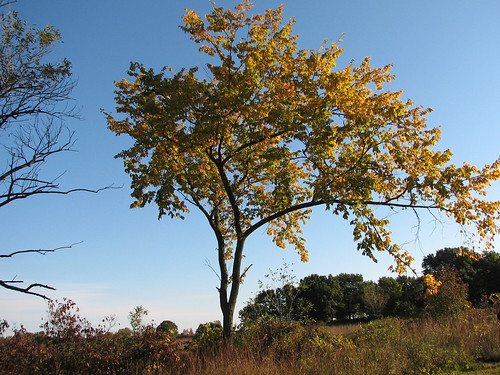During one of our visits to Viera Wetlands, we saw this Anhinga playing with a piece of pipe. Anhingas hunt by swimming under water and spearing fish with their sharp bills. They then have to manipulate their prey in order to eat it, which usually involves tossing the fish into the air from the perpendicular and catching it as it falls parallel into its throat. These photos I found on Flickr show the toss and catch process. We were both enthralled and amused watching this Anhinga’s antics as it practiced its prey-flipping skills.
CuteCootTube
I admit I had fun watching the American Coots at Viera Wetlands last week. American Coots look a lot like Common Coots, a familiar bird I saw almost every day back in Leiden. They remained relatively solitary on the city canals so seeing coots in a big amicable group (raft) was new to me.
Besides the coot photos I shared yesterday I also took a couple of videos, which I put together here. The first part of the video shows a group feeding calmly together. After the transition the coots are on high alert. I am not sure what spooked them but I found this looking-in-all-directions behavior very cute. Despite the alert level there is a teeny tiny mini standoff between two of the birds starting at about :15 (look on the left side). That’s more like the coot behavior I am used to seeing!
Coots in Florida (BPW)
We returned home late on Friday from an 8-day road trip down to Florida to see the Space Shuttle Atlantis lift off for the ISS. The launch was scheduled for Monday, November 16th and, unlike last time we tried to view a launch, there were no delays and the Shuttle took off right on time.
Of course we couldn’t pass up the chance to do a bit of birding along the way. While staying on the Space Coast we visited Viera Wetlands twice and spent a day at Merritt Island NWR (which remained closed during our last Florida visit, when the Shuttle was delayed, and delayed, and delayed…). We took our time driving home and stopped at Great Swamp Sanctuary in South Carolina and even drove through Great Smoky Mountains NP.
To start off what will probably be a handful of blog entries about our trip, here’s my Bird Photography Weekly submission for this week. American Coots summer up here in Illinois, but we rarely get to see them up close. At Viera, they were tooling around in large rafts all over.

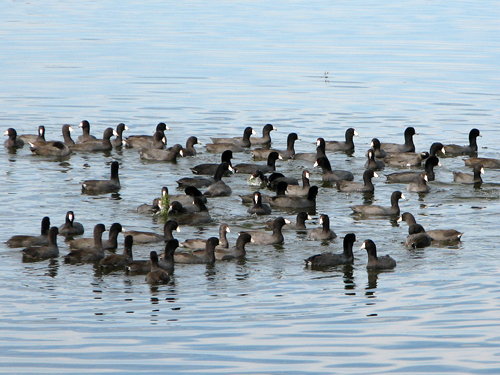

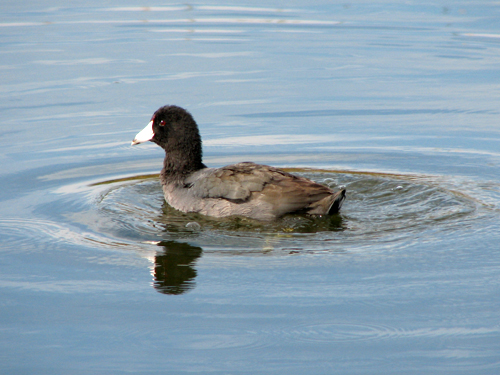

nom nom nom
Bird Photography Weekly is a regular collection of user-submitted bird photos from all over the world. The new edition comes out every Sunday. Go have a look at this week’s submissions!

Nests revealed
Today we joined Lake-Cook Audubon‘s Ducks on Lake Michigan auto tour. With temperatures unseasonably high (we reached the mid-60’s, about 15 degrees warmer than normal) it was no duck weather, although it was incredibly pleasant to be outside. A misty fog also sat over placid Lake Michigan, making for lousy visibility. We did have Bufflehead, Scaup, Goldeneye, Mallard and Horned Grebe for the day. We also had one Common Loon which was both amusing and frustrating, as it seemed to dive almost as quickly as it surfaced, over and over, leaving birders scrambling to share their scopes so everyone could get on the bird. We also managed three lifers for the day: Fox Sparrow; Brown Creeper and Hermit Thrush. Plus we had a woodpecker superfecta with Hairy, Downy, Red-bellied and Red-headed all being seen throughout the day.
At our first site someone pointed out a lovely embellished nest that had recently been exposed when the tree lost its leaves.
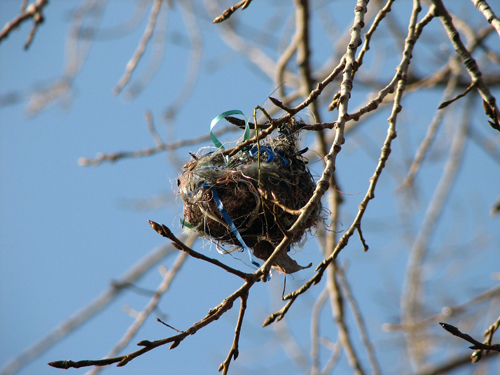
The rest of the day I was noticing nests everywhere we went and thought them to be quite photogenic. Here are a few of them.
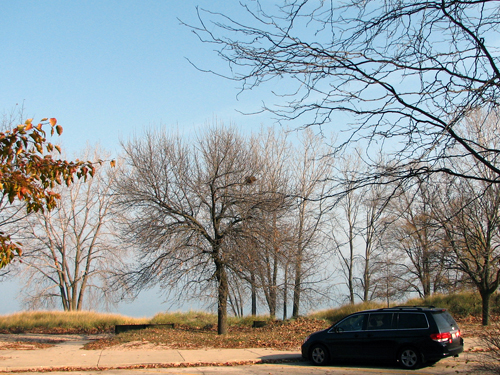
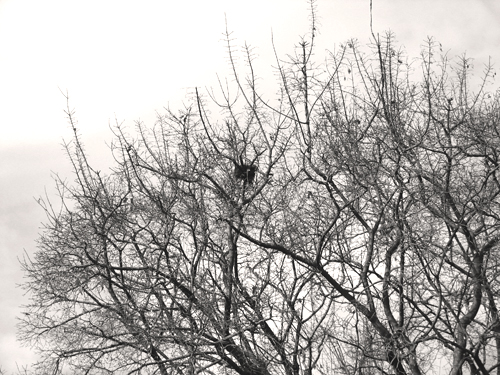
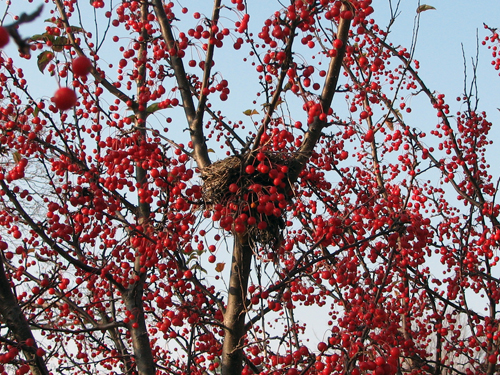
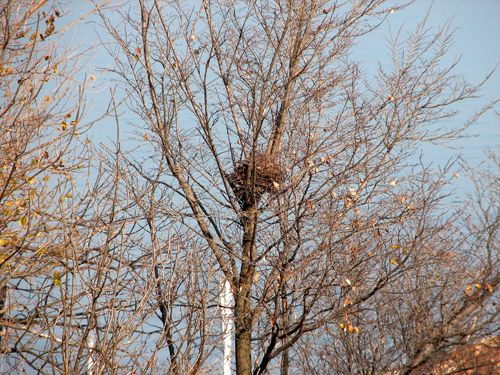
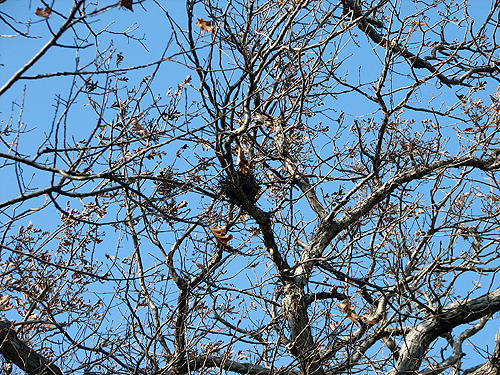
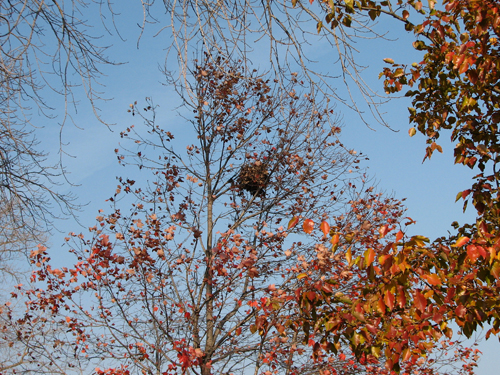
BPW: Ring-billed Gull
The Ring-billed Gull is our most familiar gull here in northeastern Illinois. These photos were taken in mid-October when we finished up our fall foliage drive (through both parts of Kettle Moraine State Park in southeastern Wisconsin) in Lake Geneva. Gulls lined up on the empty piers, bracing themselves against the wind.
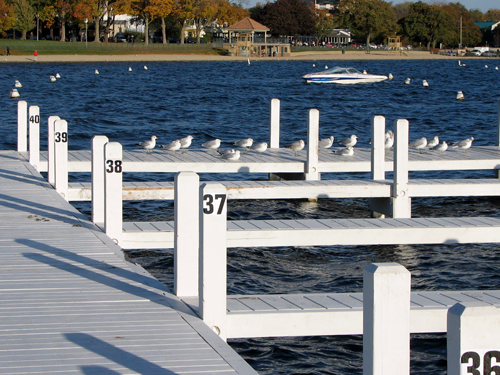
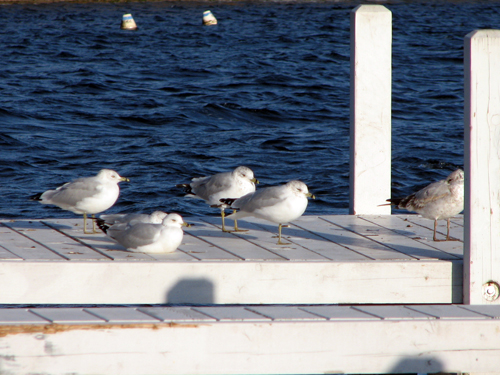
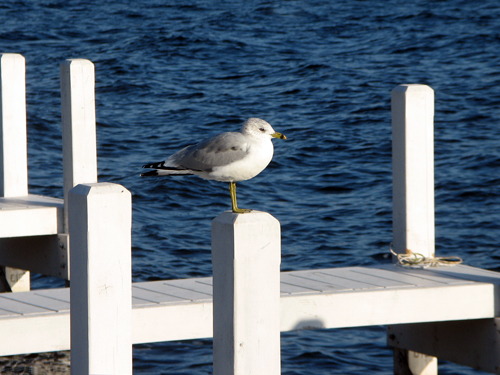
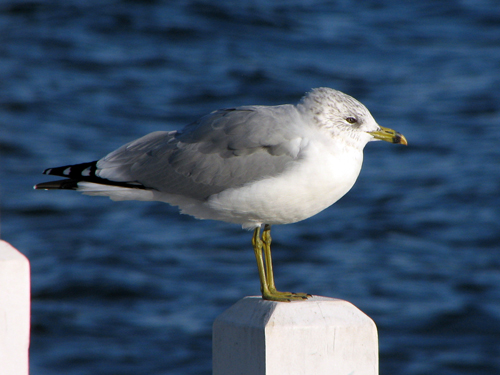
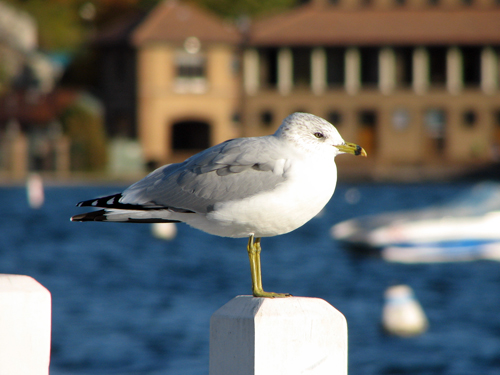
Bird Photography Weekly is a regular collection of user-submitted bird photos from all over the world. The new edition comes out every Sunday. Go have a look at this week’s submissions!

My visitors came from *where* in October?!
Here are some of the more interesting search terms that brought visitors to this site during October. You can see previous editions of this monthly post here.
There were goofy typos aplenty! figate bird siting in ohio; orinemental wood birdhouses; birdhouse hole sise for robins; magnet of pennasylvania; silloutte of a cardinal bird; and bird reserch on humingbirds.
We also had intriguing questions for inquiring minds! what is a bird?; which birds live in florida and the anartica?; and can pigeons and doves have offspring.
People looking for a new pet came to the site via searches for barred owl pets and pet ivory billed woodpecker.
And then there were some searches that sound like band names to me: invasion of rectangles; the magnificent frigatebirds; and cutebird.
October’s most disturbing search term was long pecker in women.
This one made me sad: left my power shot camera in the rain.
Someone with a much bigger squirrel problem than I have searched for 20 squirrel baffles.
And my favorite was red breasted nuthatch illinois backyards. This search brought someone to the site two days before we had our very first yard Red-breasted Nuthatch.
Photos: October morning at Volo Bog
Last Saturday we visited Volo Bog. It wasn’t crowded when we arrived.
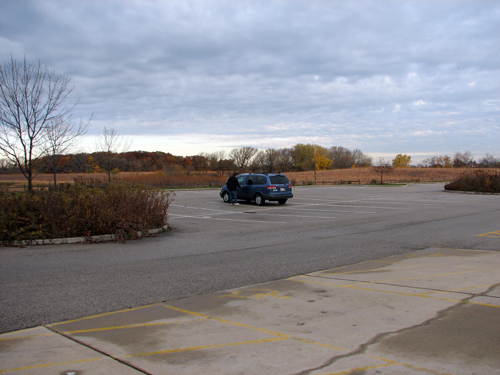
First we walked the Volo Bog Interpretive Trail, a boardwalk loop through the bog. There were American Robins everywhere.
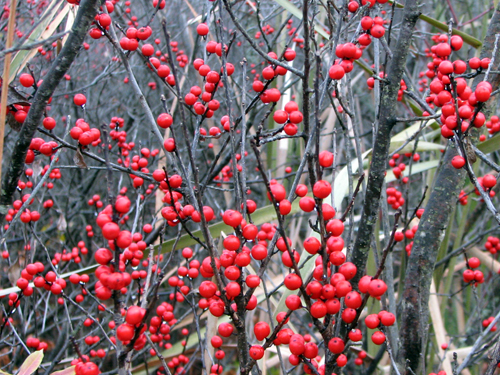
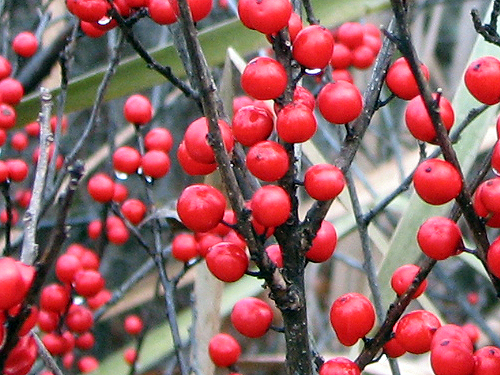
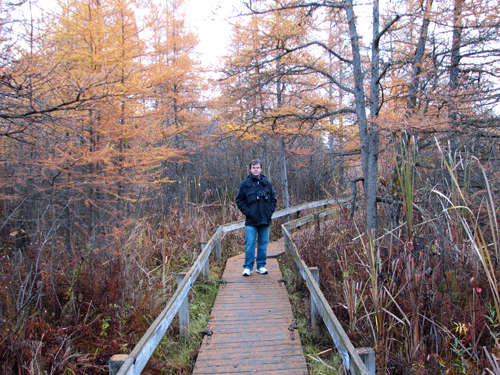
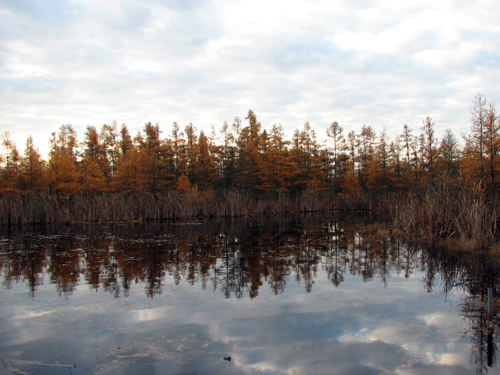
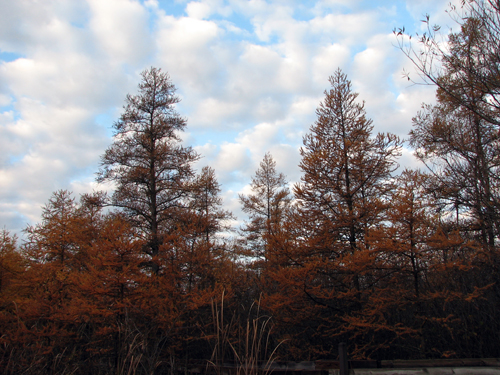
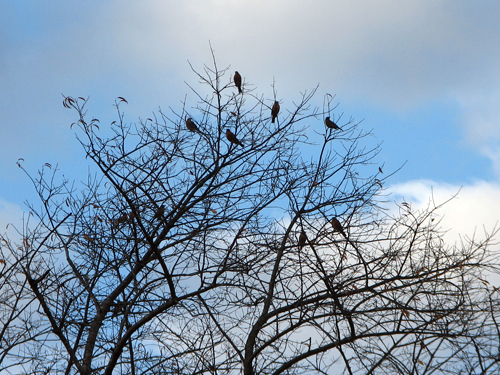
Next we walked the Tamarack Trail around the preserve. At the outlook platform we had a view over much of the park. A flock of Cedar Waxwings held my attention on the trail back from the outlook.
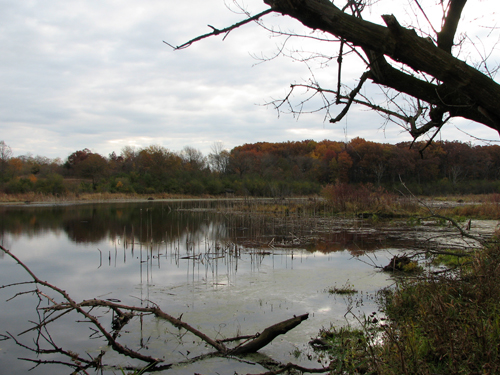
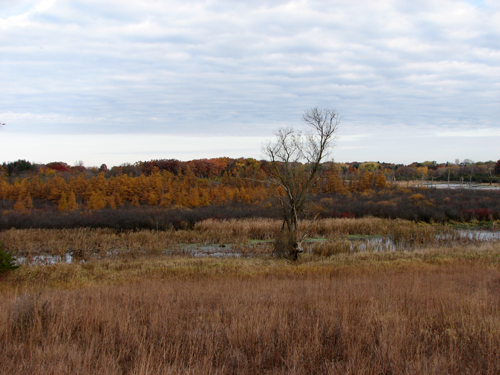
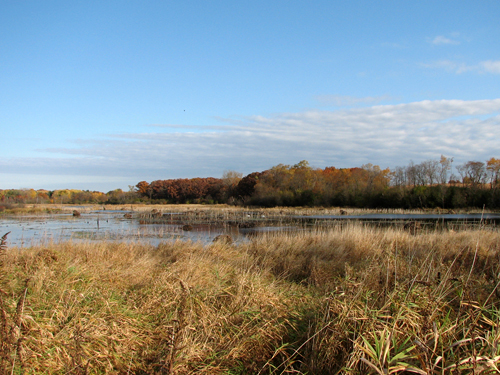
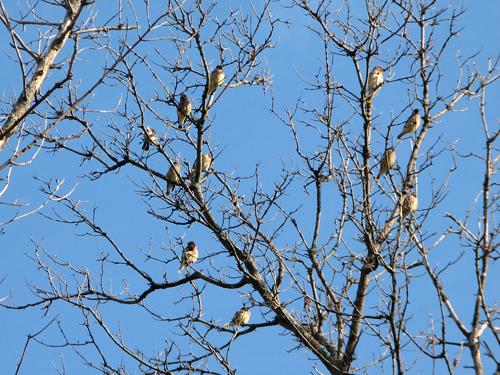

The sun had been spotty during most of the walk but cleared up nicely as we finished the trail. The visitor center looked particularly fetching as we approached the end of the walk.

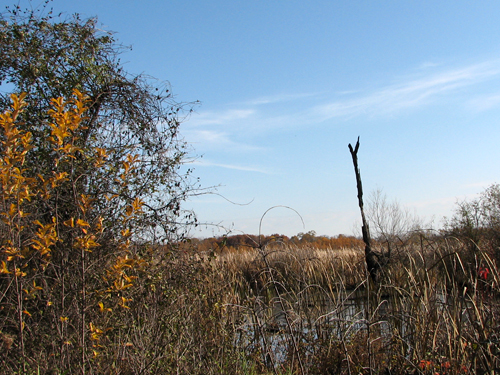
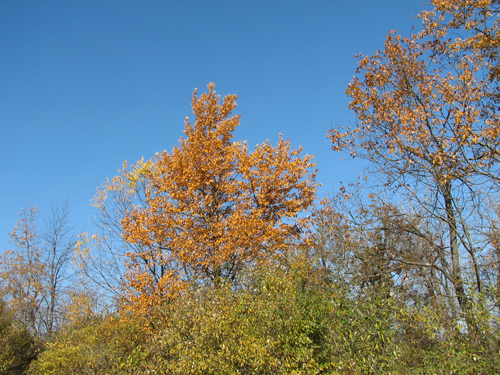
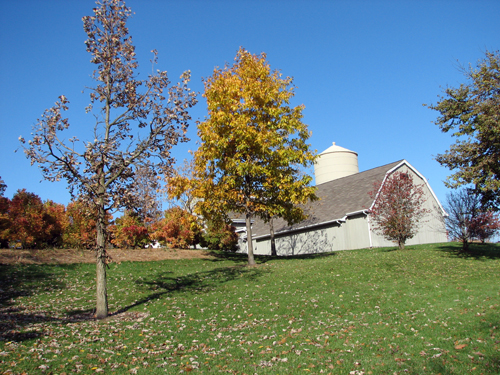
The hawk and the dove at Middlefork Savanna
On October 17th we joined Lake-Cook Audubon‘s morning bird walk at Middlefork Savanna. The total area of Middlefork Savanna measures 670 acres, 25 of which “is considered the highest quality tallgrass savanna of its kind in the nation and recognized as a globally threatened ecosystem.”
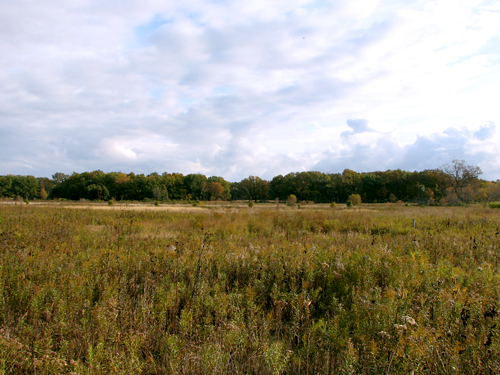
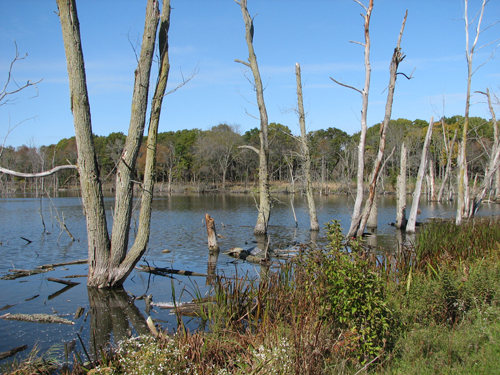
Our large group of enthusiastic birders saw a total of 34 species. Red-winged Blackbirds were everywhere, showing off and calling as if it was springtime.
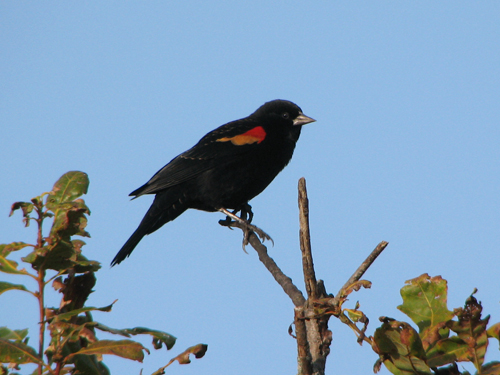
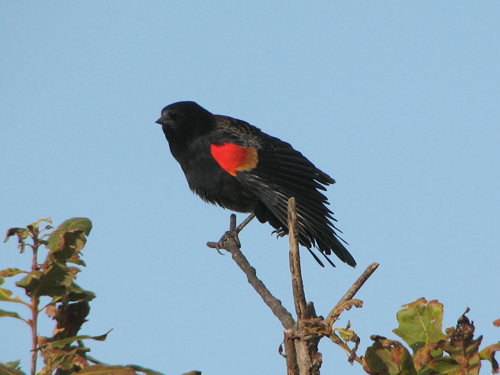
A family of Red-headed Woodpeckers gave almost everyone in the group really great looks, and a few flying Wilson’s Snipes were lifers for many in our party. A young Cooper’s Hawk was also very cooperative, alternately swooping over the prairie and perching in plain sight.

Interestingly, at one point when the young hawk was perched in a bare tree, we noticed there was also a Mourning Dove sitting in the same tree. They sat this way together for quite a while, and a sparrow even joined them later.
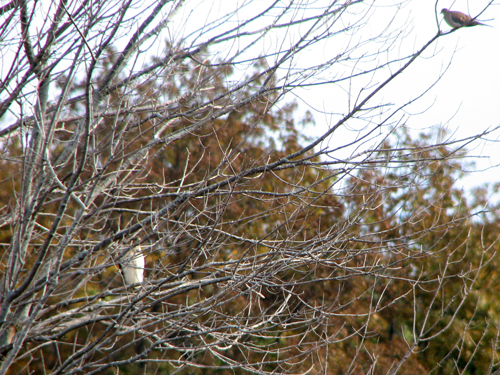
Had the hawk just eaten and the other birds knew this, seeing no threat in the hawk? Was the hawk exhausted from hunting? Why did the other birds feel comfortable perching so close to a killer?
Skywatch at IBSP
As part of the Illinois Beach State Park Hawkwatch 10th anniversary celebration, we attended a morning bird walk that followed the path leading from the Hawkwatch pavilion. It was a cold morning and started out a bit overcast, but soon the sun was shining.

One tree held a family or families of Bluebirds. There were about ten birds in a single tree. I’d never seen so many at the same time before.
Some trees were just starting to turn.
Towards the end of the path we spotted a sparrow which we determined to be a Lincoln’s. Life bird!
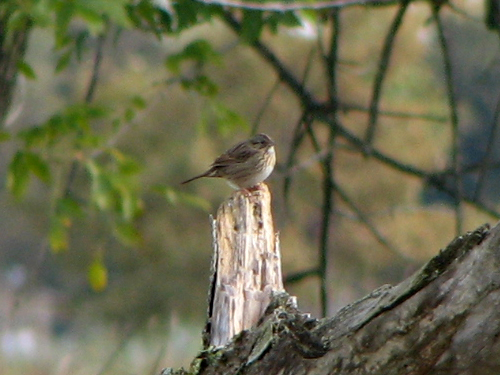
For more stories of the sky from around the world, visit Skywatch Friday.
Raptors at Hawkwatch
On the weekend of 10-11 October, the Illinois Beach State Park Hawkwatch celebrated their 10th year with an open house weekend. As part of the celebration, education birds from a new group, The Northern Illinois Raptor Center, were on hand. The birds wowed the crowd with their beauty while their handlers told us about them and answered our questions.
The NIRC was formed after the raptor program at the Springbrook Nature Center was discontinued due to lack of funds. This is their (western) Red-tailed Hawk.
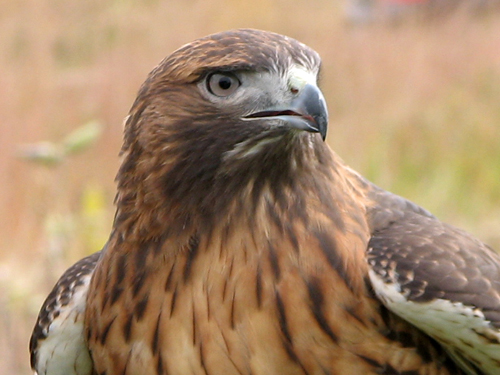
The NIRC now has four birds which are currently housed with NIRC team members while construction of their new facility at Vogelei Park in Hoffman Estates is underway. This is their American Kestrel.
The birds are used for education programs. The group eventually plans to also rehabilitate birds in need when their facilities are completed. This is their Great Horned Owl.
I love Great Horned Owls, but I love Barred Owls even more. Look at this beauty, the NIRC’s fourth bird.
It’s always so great to see raptors like these up close, and to hear their stories. I so admire everyone that works with these beautiful raptors and their dedication to both their birds and to educating the public. Big kudos to the NIRC and everyone else involved with caring for birds of prey. Thank you for all you do.






